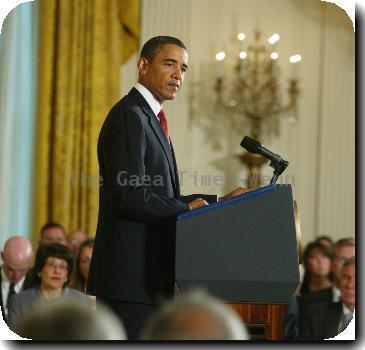US Army Corps of Engineers taking construction bids for NSA data center in Utah
By APTuesday, January 26, 2010
Corps of Engineers takes bids for Utah data center
SALT LAKE CITY — An electronic data center the National Security Agency plans to build in Utah will be self-contained with its own water supply, sewer system, power backup system and anti-terrorism defenses, a government bid document states.
The core of the 1-million-square-foot complex will consist of a 100,000 square feet “mission critical” control room with a raised floor to hide cables, according to the U.S. Army Corps of Engineer.
The corps is supervising construction for the NSA, which has refused to disclose the full purpose or function of the $1.7 billion center. Many believe it is meant for analysis of domestic and international telecommunications. A high percentage of Utah’s population, predominantly Mormon, speaks a foreign language.
The Army Corps of Engineers released details of the super-secret data center on a government contracting Web site. It called for a “very aggressive” construction schedule of around 600 days. General contractors have until Feb. 18 to submit bids.
The corps said it won’t necessarily pick the lowest bid. It’s using a best value approach instead that takes both price and technical considerations into account.
In June, President Barack Obama signed into law a supplemental war-spending bill that included an initial appropriation for the Utah data center. Another is being built in Texas.
The Utah data center will be protected by multiple security rings on a 200-acre parcel inside Camp Williams, a sprawling Utah National Guard site about 30 miles south of Salt Lake City.
Humming with banks of computer servers and air conditioning units, the complex will consume 65 megawatts of power, enough for more than 33,000 houses. The state’s utility, Rocky Mountain Power, said it can supply that much extra electricity.
The NSA selected Utah over 37 other sites for its “abundant availability of low-cost power, robust communications infrastructure and the space that was needed,” former intelligence official Glenn Gaffney told a Utah news conference in October.
Gaffney, who was deputy director of National Intelligence for Collection, has since return to the CIA, where he heads up a science and technology directorate.
Ross Feinstein, a spokesman for the Office of the Director of National Intelligence, which oversees 15 federal agencies, said Tuesday it was highly unlikely any agency would comment on the mission of the Utah data center.
In October, Gaffney played up the data center’s mission in protecting the military’s computer networks from cyber attacks. He declined to say what else it would do.
“I can’t get into some of the specific details of the kind of work that will go on at the center,” Gaffney said.
Sen. Orrin Hatch, R-Utah, who sits on an intelligence committee, has been reluctant to offer any details and wasn’t available for comment Tuesday.
There’s a good reason for secrecy: Disclosing the center’s actual operations or tactics would render it obsolete against threats from hackers, criminals and foreign enemies, Sen. Bob Bennett has said.
Tags: Barack Obama, Intelligence Agencies, Municipal Governments, National Security, North America, Salt Lake City, United States, Utah



